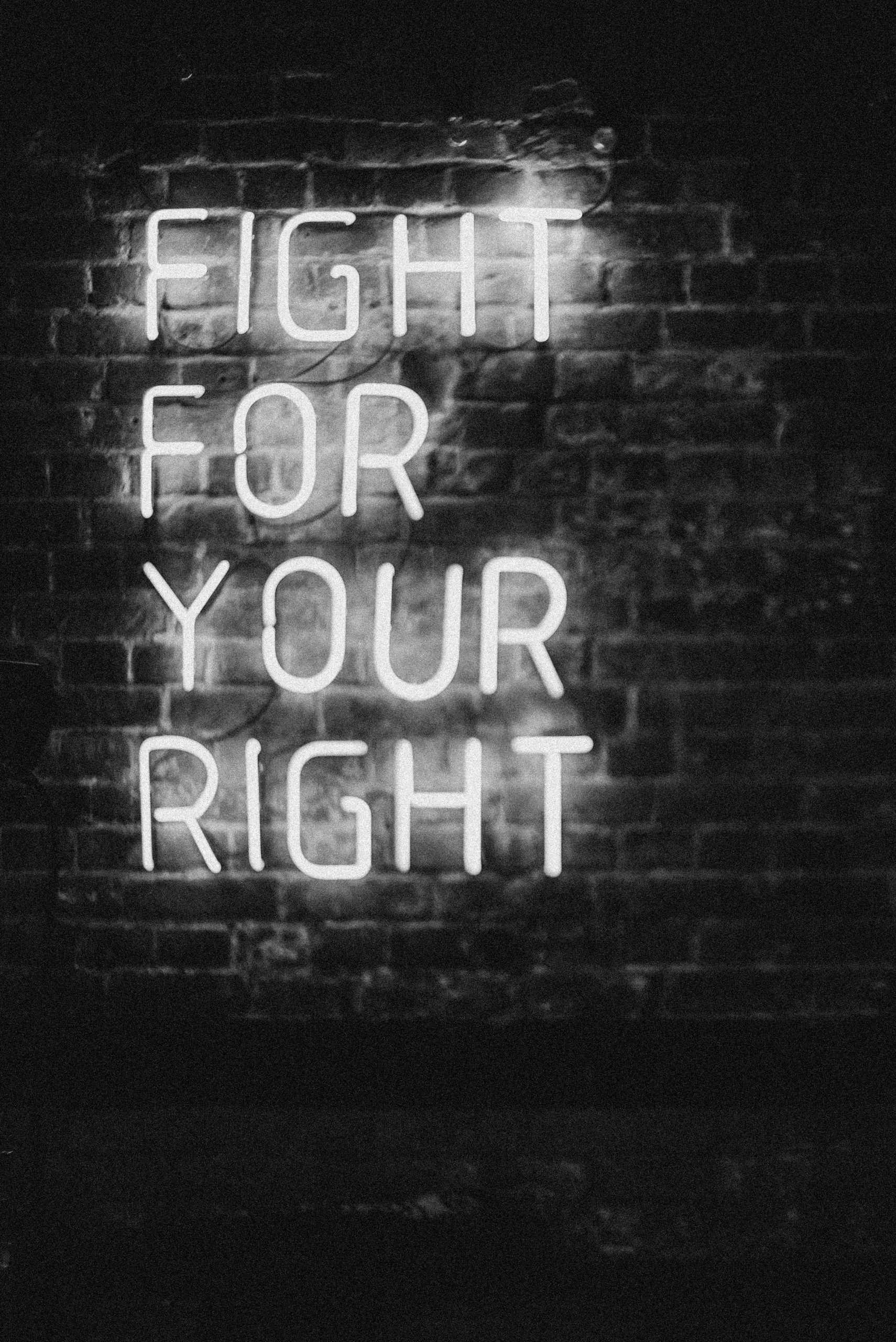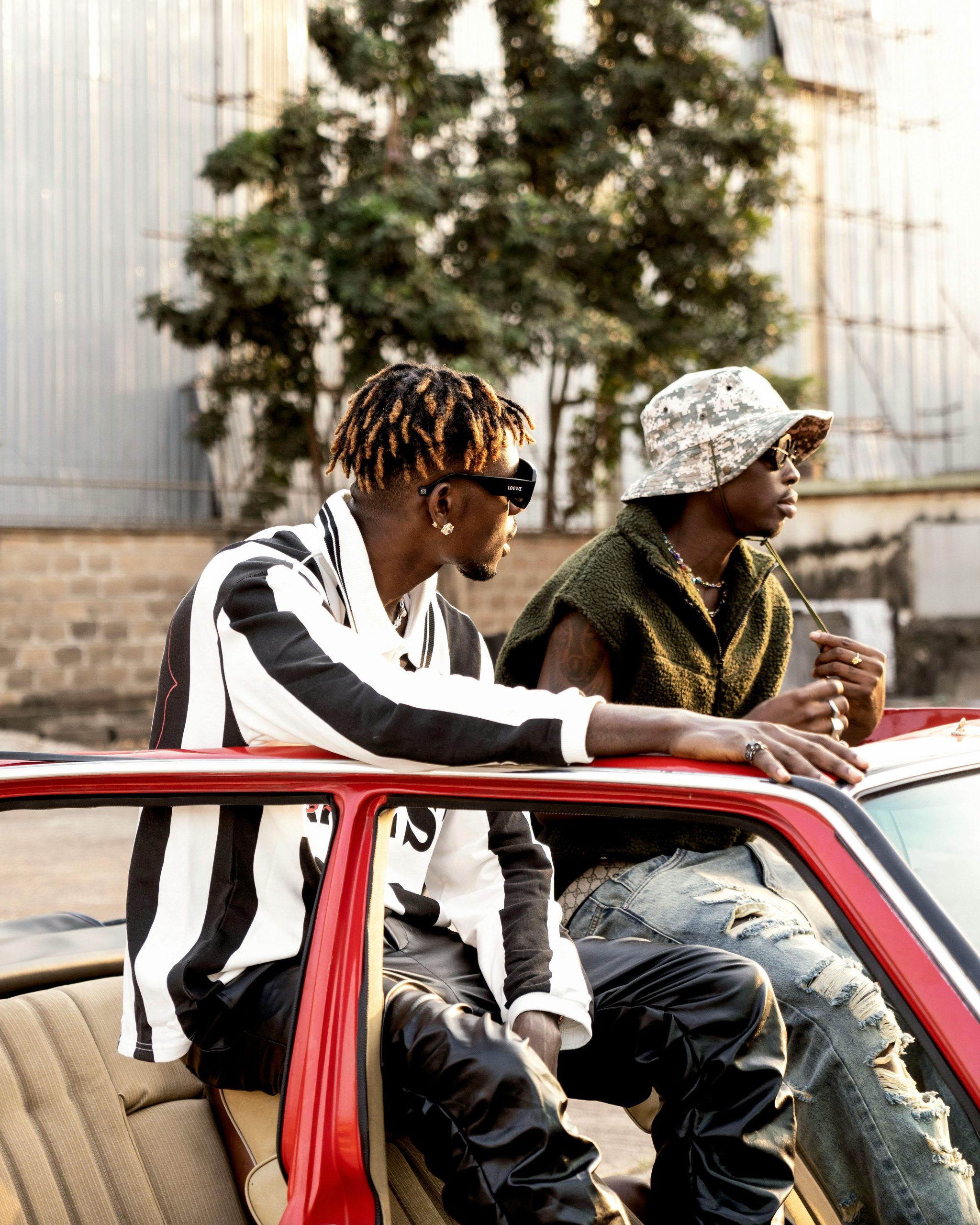Subject: Incident with Uninsured Driver in My Insured Vehicle
I need some advice regarding an accident that just happened. My roommate, who isn’t listed on my insurance policy, was driving my car with a learner’s permit and a licensed driver accompanying him. Unfortunately, he accidentally hit another parked vehicle.
My main concern is how to handle this situation. Since my roommate is not insured and isn’t covered under my policy, will my liability insurance cover the damages to the other car? Also, what potential consequences should I be aware of moving forward?
Any guidance would be greatly appreciated. Thank you!




I’m sorry to hear about the situation you’re facing. Here’s what you should know about handling this incident:
Insurance Coverage: Since you only have liability insurance, this coverage typically applies to damages you may cause to others, even if the driver is not listed on your policy. Since your roommate was driving your car, your liability insurance should cover the damages to the other parked car. However, your insurer might want to investigate the accident details, and there could be a limit to the amount they will cover depending on your policy.
Uninsured Driver: Since your roommate is an insured driver (with a learner’s permit), he may not be held liable in the same way that a fully licensed uninsured driver would be. As the car owner, you might be responsible for the damages caused while he was driving your vehicle.
Future Consequences: Generally, having a claim against your insurance can lead to higher premiums in the future. It’s essential to discuss this with your insurance agent, as they can provide guidance specific to your policy and situation. Ensure you’re aware of any potential rate increases and how they might impact you.
Claim Process: You should report the accident to your insurance provider as soon as possible. They will guide you through the claim process and handle communication with the other party’s insurance.
Consider Liability: Be aware that if the damages exceed your liability coverage limit, you may have to pay the difference out of pocket. It’s essential to collect all necessary information from the accident, including photos, the other driver’s insurance details, and witnesses if available.
Follow Up: Stay in contact with your insurance company throughout the claims process, and be proactive in addressing any communications or requests they may have.
In summary, while your insurance should cover the damages to the other vehicle, there may be implications for your future insurance rates. It’s best to consult with your insurance agent for specific guidance tailored to your policy and situation.